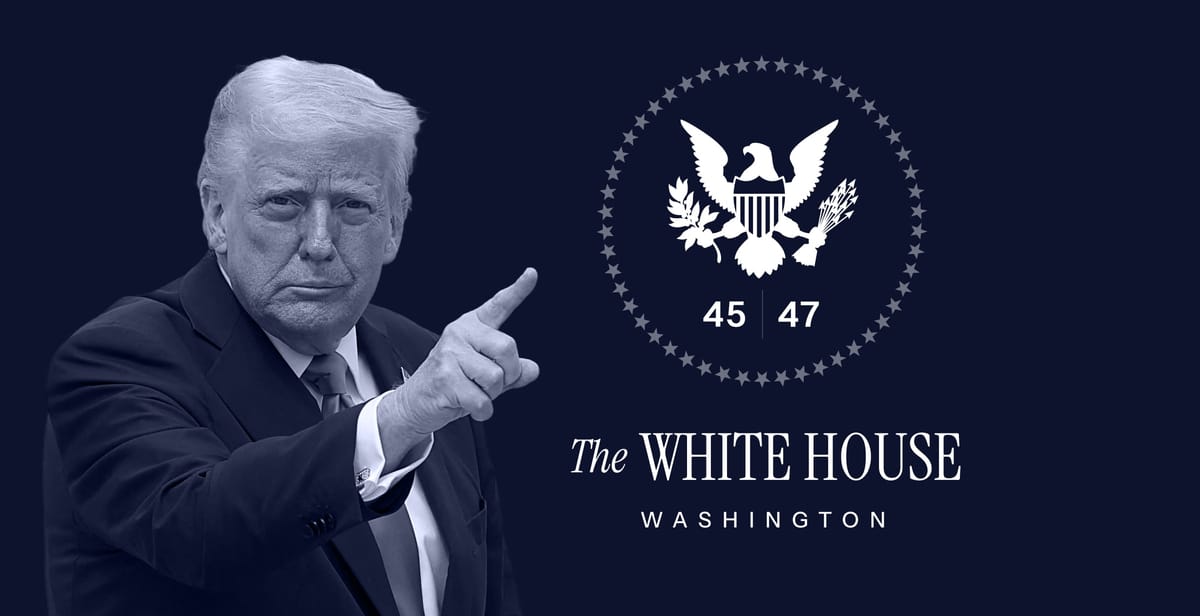
President Donald Trump has signed an executive order establishing the United States Investment Accelerator, framed as a direct response to what his administration characterizes as regulatory complications hampering major investment in the country.
Key Points:
- New office set within the Commerce Department to ease regulatory burdens.
- Designed to facilitate investments above $1 billion and streamline the CHIPS Program Office.
- Aims to negotiate improved deals for taxpayers and modernize U.S. investment processes.
- Will be operational within 30 days, staffed by experts in legal, transactional, and operational fields.
"The United States is the most powerful economy in the world, but slow, complex, and burdensome American regulatory processes at every stage of a company's development and operation make significant domestic and foreign investment harder than necessary," states the executive order signed by Trump.
The initiative establishes a dedicated office within the Department of Commerce to be operational within 30 days of the order signing. This office will be led by an Executive Director and staffed with legal, transactional, and operational personnel focused on helping domestic and international investors navigate federal regulations.
The scope of the Investment Accelerator's authority appears substantial, with the office directed to "facilitate and accelerate investments above $1 billion in the United States" by assisting investors through regulatory processes, reducing regulatory burdens where legally permissible, and expanding access to national resources according to the White House announcement.
Perhaps most notably, the Investment Accelerator will also assume responsibility for the CHIPS Program Office, which oversees implementation of the $52.7 billion semiconductor manufacturing subsidy program established under the CHIPS and Science Act of 2022. The executive order specifically tasks the new entity with "negotiating much better CHIPS Act deals than the previous administration," as reported by Reuters.
This directive aligns with Trump's previous criticism of the bipartisan CHIPS Act, which he had suggested earlier in March should be scrapped with its funding redirected toward debt reduction. The administration has not yet provided specific details about how these deal negotiations might differ from current arrangements.
The initiative appears to be part of a broader administrative strategy. Since returning to office in January, Trump has issued more than 100 executive orders, many focused on reshaping the federal bureaucracy and regulatory landscape. This particular order follows others aimed at trimming federal agencies and reducing regulations.
With the Investment Accelerator focused specifically on investments exceeding $1 billion, the initiative primarily targets major corporate players and foreign direct investment rather than small business development. The order also directs the office to "identify any existing mechanisms, exceptions, and opportunities in Federal law that can be used to assist foreign and domestic investors," suggesting a focus on finding creative pathways through existing regulatory frameworks rather than waiting for new legislation.
The order gives the Accelerator authority to work with all 50 states to reduce investment barriers, potentially creating a more coordinated approach to cutting regulatory red tape at multiple levels of government.
What remains unclear is how the initiative will balance its deregulatory mandate with the order's acknowledgment that implementation must remain "consistent with the protection of national security." This tension may prove particularly relevant as the office assumes control of the CHIPS program, where national security considerations have been central to the program's justification and implementation.
The administration’s focus is clear: modernize investment processes to attract significant capital inflows and secure better terms for U.S. taxpayers than previous administrations managed.
